Pollinators play a significant role in the maintenance of our ecosystem and even contribute to life. Here’s why we need them and what we can do to save them!
Simply put, without pollination, plants cannot reproduce. If plants do not reproduce, the planet cannot sustain. Pollinators are responsible for the all-important functions of moving pollen from the male part of the flower to the female part of the flower, thus aiding in reproduction. The movement of pollen is what creates a seed, and the seed is life. Over 80% of flowers depend on pollinators. While some of our food crops are wind-pollinated, about 3/4th of our food crops rely on animal pollination. Pollinators include bees, butterflies, beetles, birds, and even bats. All of them play a very vital role in maintaining ecosystems.
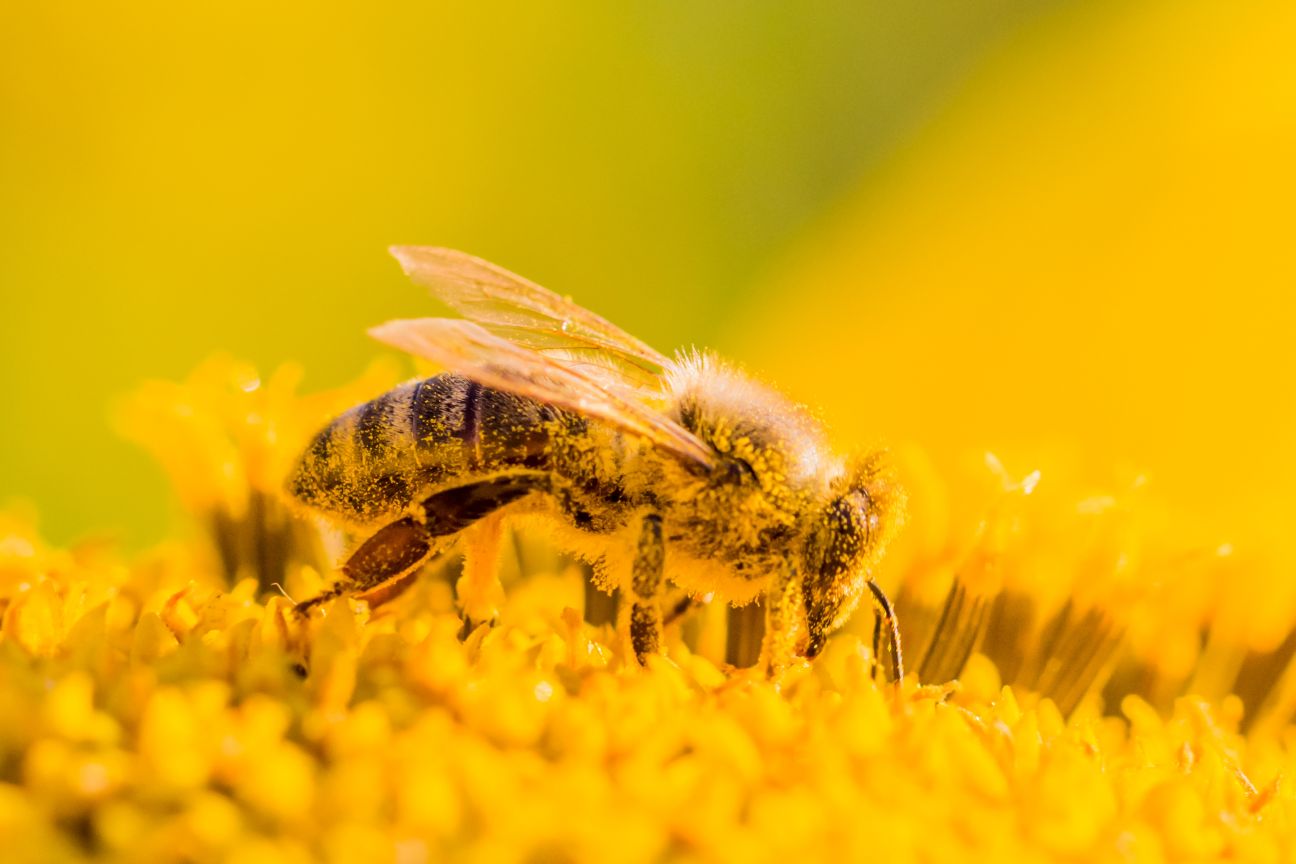
Bees: one of the most relevant insects to human life! (Image Courtesy- azur13-Shutterstock)
Bees specifically are the ones under the maximum spotlight in recent times. Bees are one of the most interesting insects and so relevant to us as humans. There is much we can learn from them. The way they exist in circular colonies, the distribution of work, their network, how they communicate, their health insurance and social security systems -- bees are truly amazing! But the one thing that the bee is the epitome of is the saying by Aristotle: “The Whole is Greater than the Sum of its Parts.” Something we humans just don’t seem to get!
Recent years have seen a huge decline in pollinators. Bees especially have taken a huge hit, and some breeds have even been marked close to extinction. So what has changed?
Loss of Bio-Diverse Habitat
Until the Second World War, worldwide farming methods were different from what they are today. The planet, in general, followed multi-crop patterns and hand farming. Post the war is when the industrialisation of agriculture was introduced. At the same time, the trend of mono-cropping began. Mono-cropping meant that the entire crop flowered in one season, and once the pollinators finished with that season, they had nowhere to go or had to fly huge distances to find new flowers. Pollinators rely on flower nectar for essential nutrients, and pollination is nothing but a by-product of them foraging forfood. With food becoming harder to find, it was only a matter of time before numbers would decline.
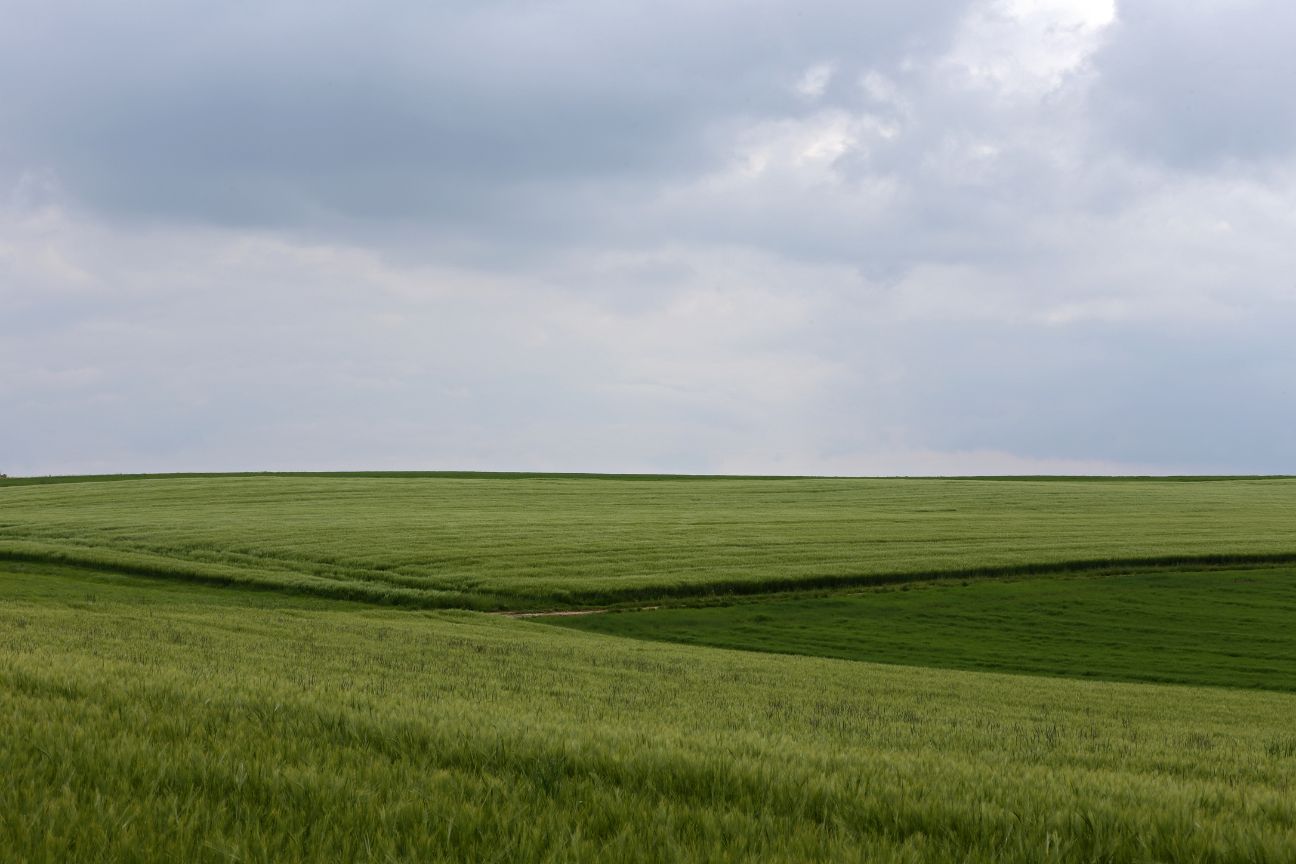
The evolution of farming and its inevitable changes (Image Courtesy- Bildagentur Zoonar GmbH-Shutterstock)
Pesticide Use
With the industrialization of agriculture came the introduction of chemicals into our farming ecosystem. Neonicotinoids, which are present in pesticides, are known to cause problems in the bee's brain. It affects their ability to navigate, their mobility, their feeding patterns, and has been called out for being responsible for the Colony Collapse disorder issues that bee networks face worldwide. Colony Collapse disorder is when the worker bees do not return to their hives and disappear, leaving the Queen and only a few bees to nurture young ones by themselves.
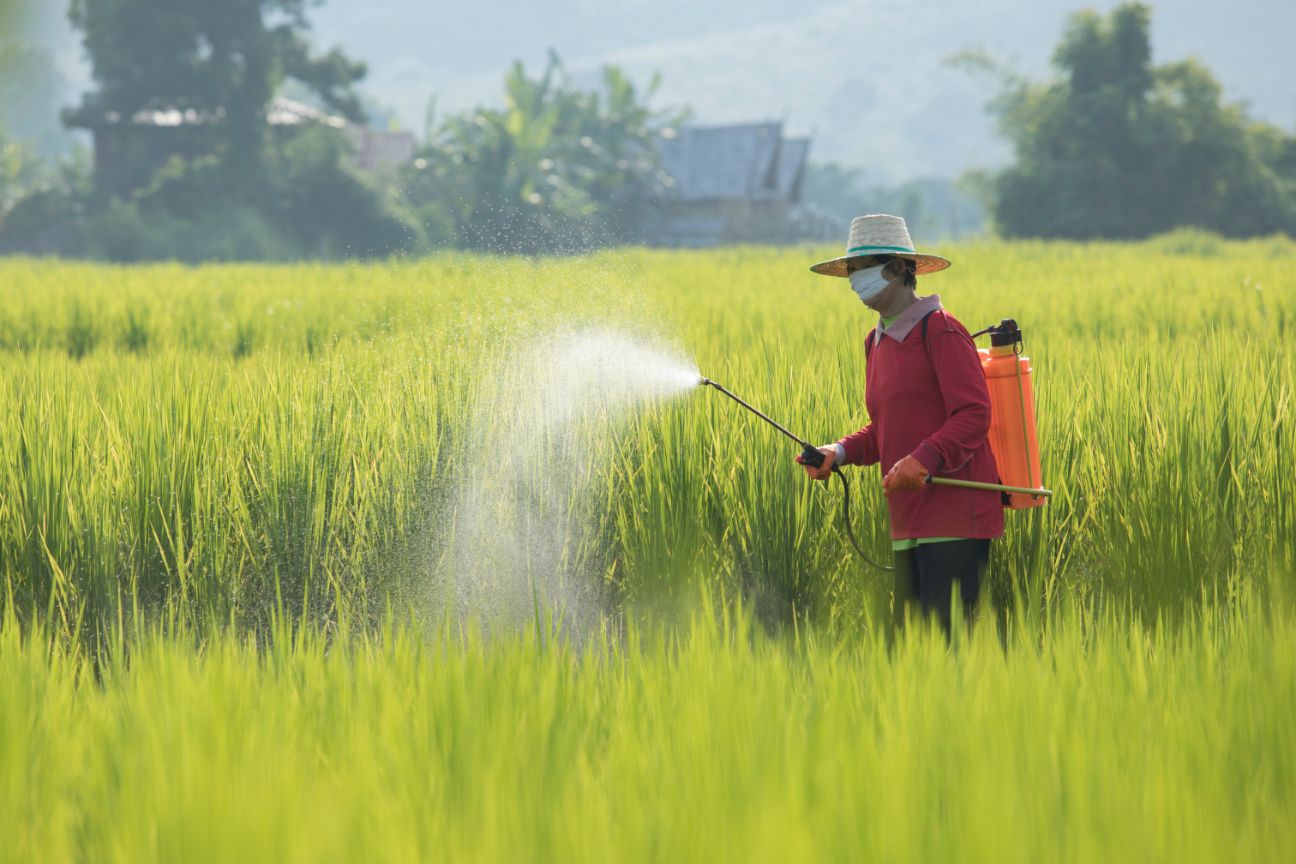
Neonicotinoids Bringing a Fallout in Bees (Image Courtesy- Silarock-Shutterstock)
Mites and Pathogens
Varroa Mites, in particular, are known to attack bees and colonies, especially in winter months. The affliction of these mites is known to cause a deficient immune system in bees.
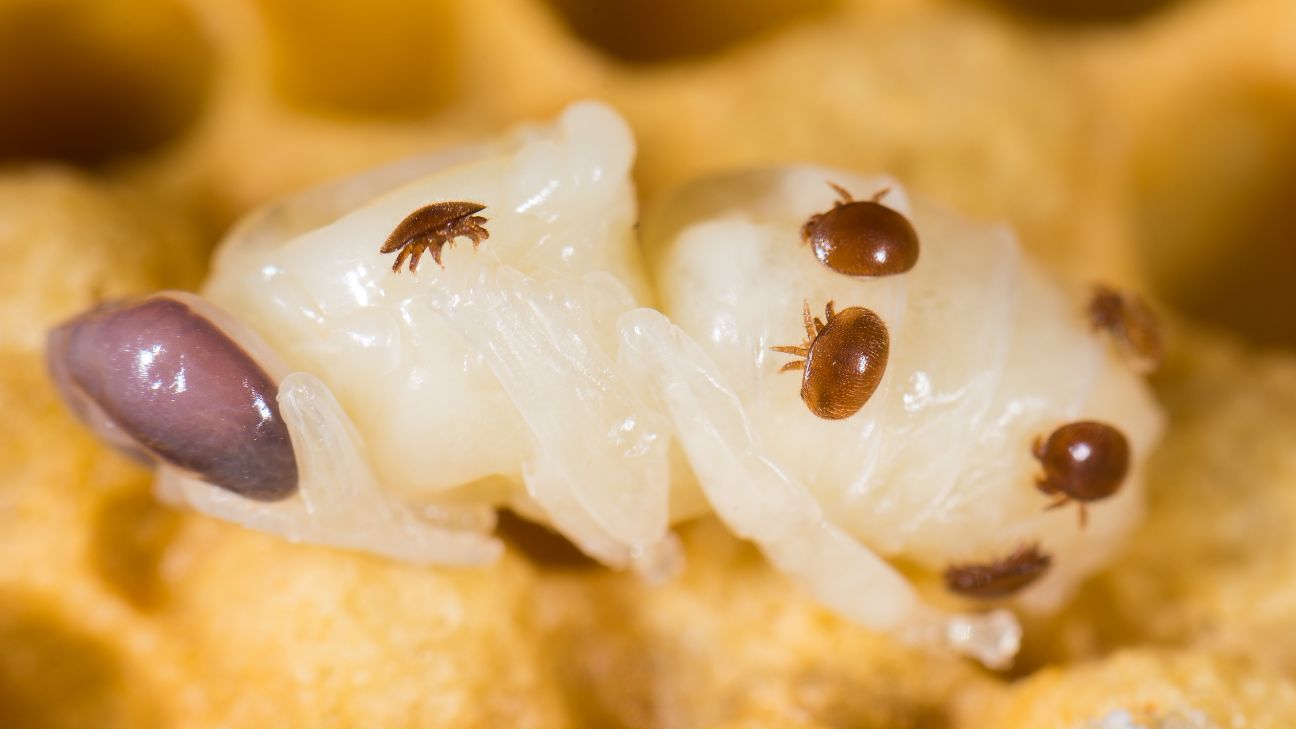
Image Courtesy- Mirko Graul-Shutterstock
The combination of this immune-deficient colony and other issues like pesticides and lack of bio-diverse habitat together is a deadly recipe for Change Pollution, while artificial habitats and migratory commercial beekeeping are also reasons for this decline. Bees are not meant to be loaded up on trucks, down highways in boxes. This kind of artificial system puts an infinite strain on them and this could also be a likely cause for the decline in numbers.
So what can we do? Remember: the whole is greater than the sum of its parts!
If each of us does our little bit, the impact we can have will be far greater than one can imagine.
- Ensure you have multiple kinds of flowering plants in your own garden, your terrace, or your community garden. Find varieties that flower at different times of the year and let pollinators have a field day!
- When you shop, look for wild honey. Support beekeepers that follow sustainable practices and really understand the world of bees.
- Go organic! The fewer pesticides we use in the world, the better it is for all of us.
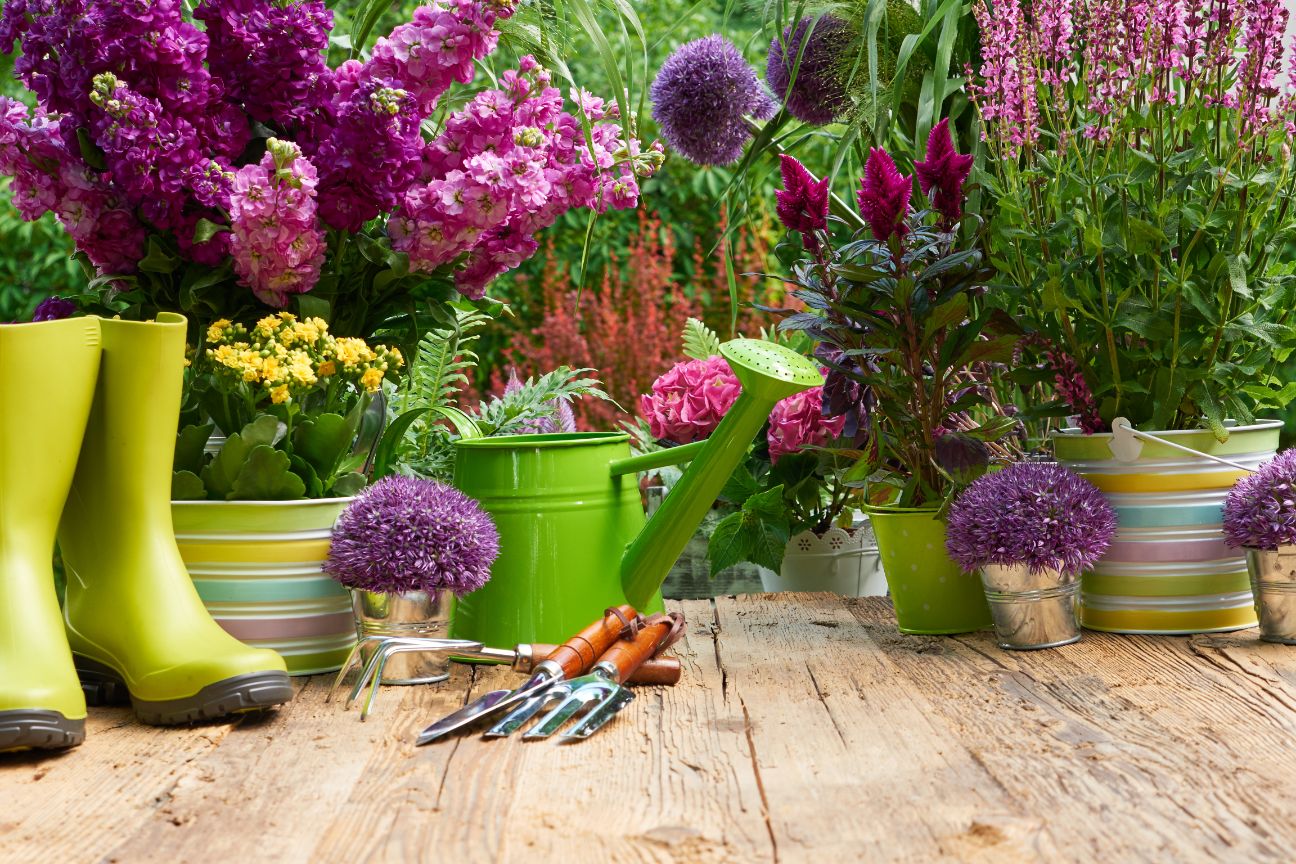
Image Courtesy- Zoom Team-Shutterstock
Together, we can create a considerable impact: for pollinators and the planet as a whole!